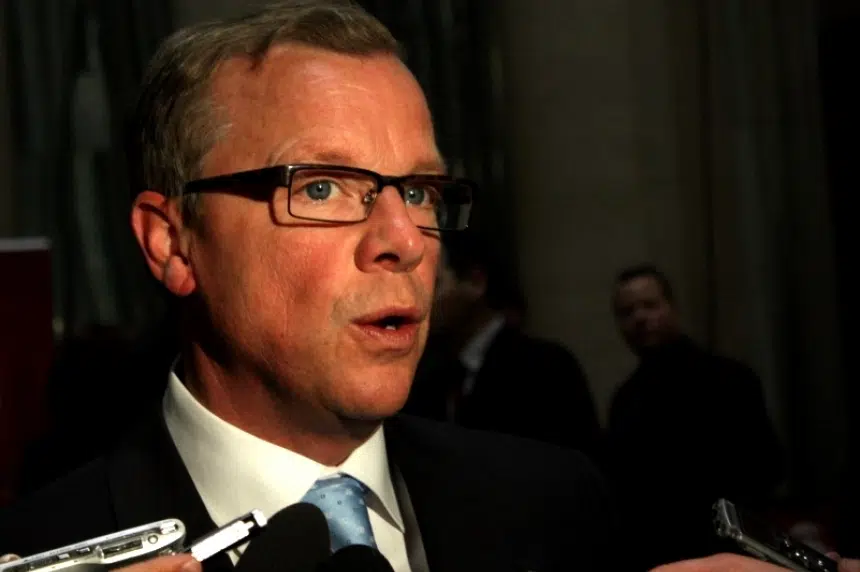The federal government seems determined to set a national carbon price – but Premier Brad Wall is digging in his heels.
The prime minister will sit down with provincial and territorial leaders on Thursday, and among the topics to be discussed will be establishing a national price on greenhouse gas emissions.
A confidential federal source told The Canadian Press “there will be a national price on carbon”.
On Facebook on Saturday though, Wall wrote that he won’t be signing any agreement that includes a national carbon tax.
He said, “With the energy sector reeling and the Canadian economy struggling, it is simply not the time for a new national tax”.
Wall had already publicly denounced the plan, saying a carbon tax would “kneecap” the economy and would not be part of his province’s climate policy mix, after a Globe & Mail report about a $15-per-tonne minimum.
On Friday, federal Environment Catherine McKenna said that setting a carbon price is just one climate measure among many, but called it “really important”.
“It’s interesting that large businesses are calling for a price on carbon because they see that as the most efficient way to reduce emissions, to foster innovation and also to provide certainty,” said McKenna.
“Most big energy companies have an internal price on carbon (already), because they know this is going to happen.”
One scenario being sounded out within the federal government envisions setting a one-year time frame for provinces to establish a minimum price on carbon emissions through their own provincial policies. Any province or territory not on board by the following year would face a federally imposed, B.C.-style carbon tax.
But ongoing uncertainty stems from the differing carbon pricing models already in play in Canada. Quebec’s cap-and-trade market with California, which Ontario will join in 2017, has a current carbon price of about $17 a tonne. British Columbia’s carbon tax is currently $30 per tonne. Ontario and Quebec officials argue the hard emissions “caps” of their system mean they get the same carbon reductions at between $15-$18 per tonne that B.C.’s tax achieves at $30.
With files from The Canadian Press











